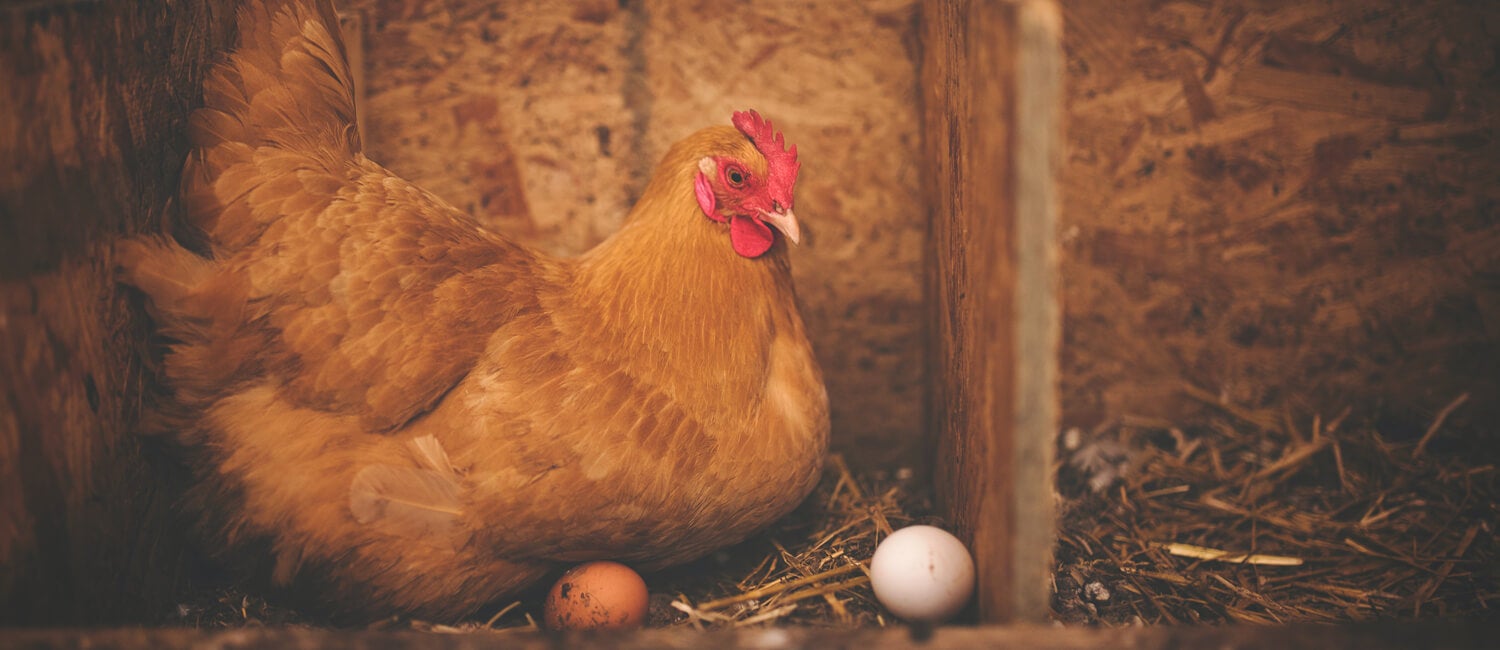Pathogenic avian influenza H5N1 Eurasian variant has been detected in domestic and wild birds in multiple states.

Highly pathogenic avian influenza (HPAI) H5N1 Eurasian variant (bird flu) has been detected in domestic and wild birds in multiple states within the Atlantic and Mississippi Migratory Flyways (a migratory flyway is the flight path used by birds between their breeding grounds and their overwintering sites).
Most wild birds found with this virus are waterfowl that typically show no signs of illness but may play a role in spreading the virus to other birds, including domestic and wild species. Domestic poultry such as chickens, quail, pheasants, guinea fowl, and turkeys can become seriously ill from HPAI with a mortality (death) rate of 90% or higher.
According to the USDA, there is no evidence that birdfeeders, or the birds that frequent them, contribute to the spread of HPAI. For more information, please visit the USDA’s website.
Additional information about Avian Influenza and Wild Birds can be found here: USDA APHIS | Avian Influenza and Wild Birds. Current information about detections of HPAI in the U.S. can be found at: USDA APHIS | 2022 Detections of Highly Pathogenic Avian Influenza.
The CDC has released a statement that HPAI H5N1 currently poses a low risk to the public.
Remember to enjoy wildlife from a distance and do not handle wildlife unless hunting, trapping, or otherwise authorized to do so. Please do not approach or touch sick or dead wild animals. If you MUST handle a sick or dead bird, wear gloves and wash your hands afterward, and please report the bird to the PA Game Commission at 717-787-4250.
Any sudden and/or unexplained illness or deaths involving domestic birds should be reported to the Pennsylvania Department of Agriculture at 717-772-2852. Read more information about avian influenza in domestic birds, along with additional links to state and federal resources.
Related News

University of Pennsylvania Avian Influenza Experts Provide Briefing to Pennsylvania Policy Makers
As concerns about the highly pathogenic avian influenza (HPAI) outbreak continue to grow, experts from the University’s School of Veterinary Medicine (Penn Vet) and Perelman School of Medicine (PSOM) visited…

University of Pennsylvania’s School of Veterinary Medicine Leading Collaborative Effort Against Highly Pathogenic Avian Influenza
Since 2022, highly pathogenic avian influenza (HPAI) has rapidly spread throughout the Americas and poses ongoing risks to wildlife, livestock, and human health. The current outbreak is notable for infecting…

How Penn is helping with bird flu research and disease surveillance (link is external)
Faculty are working on a new vaccine for the H5N1 virus, studying its transmission, and helping the state test samples from birds and mammals.
About Penn Vet
Ranked among the top ten veterinary schools worldwide, the University of Pennsylvania School of Veterinary Medicine (Penn Vet) is a global leader in veterinary education, research, and clinical care. Founded in 1884, Penn Vet is the first veterinary school developed in association with a medical school. The school is a proud member of the One Health initiative, linking human, animal, and environmental health.
Penn Vet serves a diverse population of animals at its two campuses, which include extensive diagnostic and research laboratories. Ryan Hospital in Philadelphia provides care for dogs, cats, and other domestic/companion animals, handling more than 34,600 patient visits a year. New Bolton Center, Penn Vet’s large-animal hospital on nearly 700 acres in rural Kennett Square, PA, cares for horses and livestock/farm animals. The hospital handles more than 6,200 patient visits a year, while our Field Services have gone out on more than 5,500 farm service calls, treating some 18,700 patients at local farms. In addition, New Bolton Center’s campus includes a swine center, working dairy, and poultry unit that provide valuable research for the agriculture industry.
